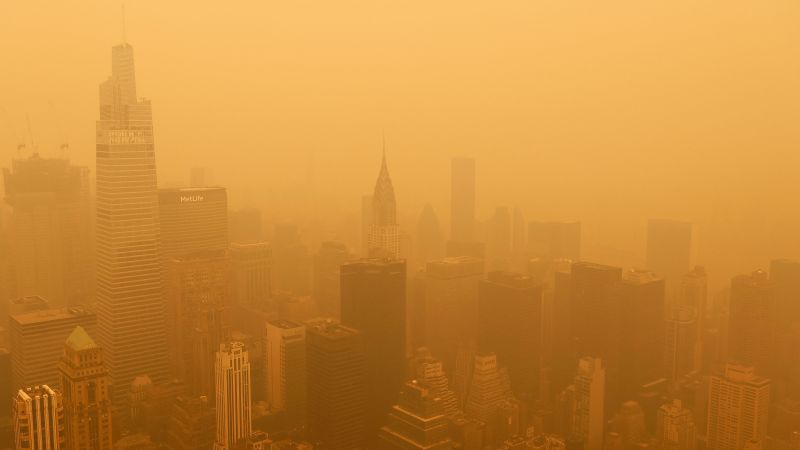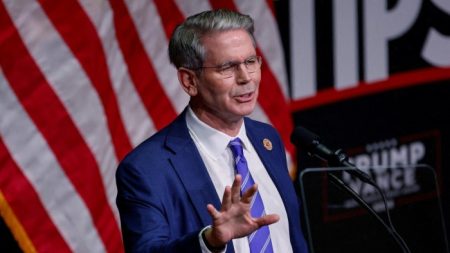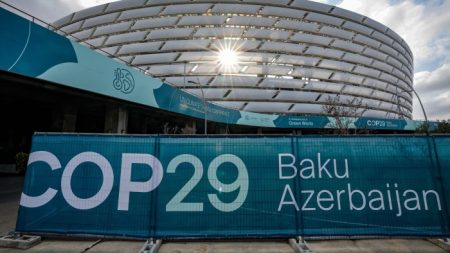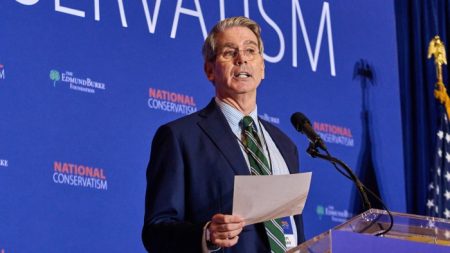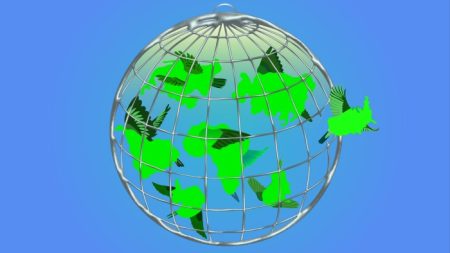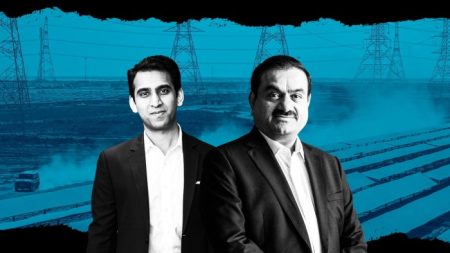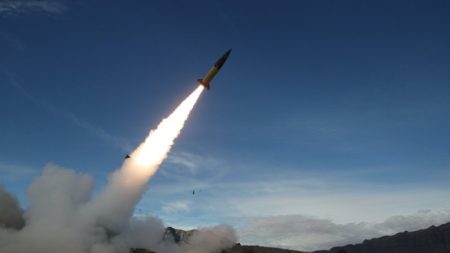On Wednesday in Queens, New York, William Medina was blasted with smoke, his lungs choked by polluted air as he delivered Uber Eats orders by scooter.
About 2 p.m. in Brooklyn, Matt Leichenger was in the back of his UPS truck sorting packages. His eyes burned and watered, his throat grew tight and his head felt woozy, turning the labels on the packages into a blur.
That day, the drifting smoke from Canadian wildfires resulted in New York City landing the unsavory distinction of having the world’s worst air pollution — and Medina and Leichenger were stuck in the thick of it.
When wildfire smoke smothers US cities and communities, suddenly creating a hazardous air quality event, workers like Leichenger say they’re left gasping for help to keep doing their jobs.
“I sent a message [to supervisors] saying that I was feeling lightheaded and might need to take a second and have some water, and they just said, ‘copy,’” Leichenger told CNN. “They didn’t say that we should catch some fresh air inside, so in the moment when I was just overwhelmed and dizzy, I just didn’t think about it. So I sat in the driver’s seat of my truck and drank some water, which I guess helped a little bit, but they didn’t give any guidance whatsoever.”
The 27-year-old Leichenger, who was five hours into a 12-hour shift that day, eventually got a mask by popping into a bodega where he ended up being given one.
“The bodega [clerk] is willing to give me a mask for free, but my employer did not,” said Leichenger, an alternate shop steward of the Teamsters Local 804, whose members are among the 340,000 UPS Teamsters voting this week whether to authorize a strike if there’s an impasse on contract negotiations.
On Thursday, Teamsters Local 804 partnered with New York City Democratic Socialists of America to distribute donated KN95 masks to workers.
UPS on Friday told CNN in a statement that the company is closely tracking the air quality and that the “wellbeing and safety of UPSers is our number one priority.”
“We are working on a variety of immediate actions,” Jim Mayer, UPS spokesman, wrote via email. “This includes the speedy distribution of masks for our employees in affected areas. We are talking with our drivers and workers in affected areas to review CDC guidelines and local guidance from elected officials.”
He added: “We are following developments closely and will continue to be in close contact with our people as the situation evolves.”
Medina, a member of the Los Deliveristas Unidos worker protection collective, said Uber does not provide masks or other protective equipment to workers like him.
“I pay for my gear, my goggles, my mask, everything with the money that I earn,” he told CNN, noting the $125 to $150 he earns from an eight- to 14-hour shift mostly comes from tips.
Uber did not immediately return a query for comment.
The New York governor’s office this week announced a wave of advisories and efforts in response to the spike in the Air Quality Index, including the issuance of health directives for individuals, the distribution of masks, suspension of school activities, enhanced protection measures for racehorses, the offering of refunds for park visits, and the deployment of a forest ranger team to Canada.
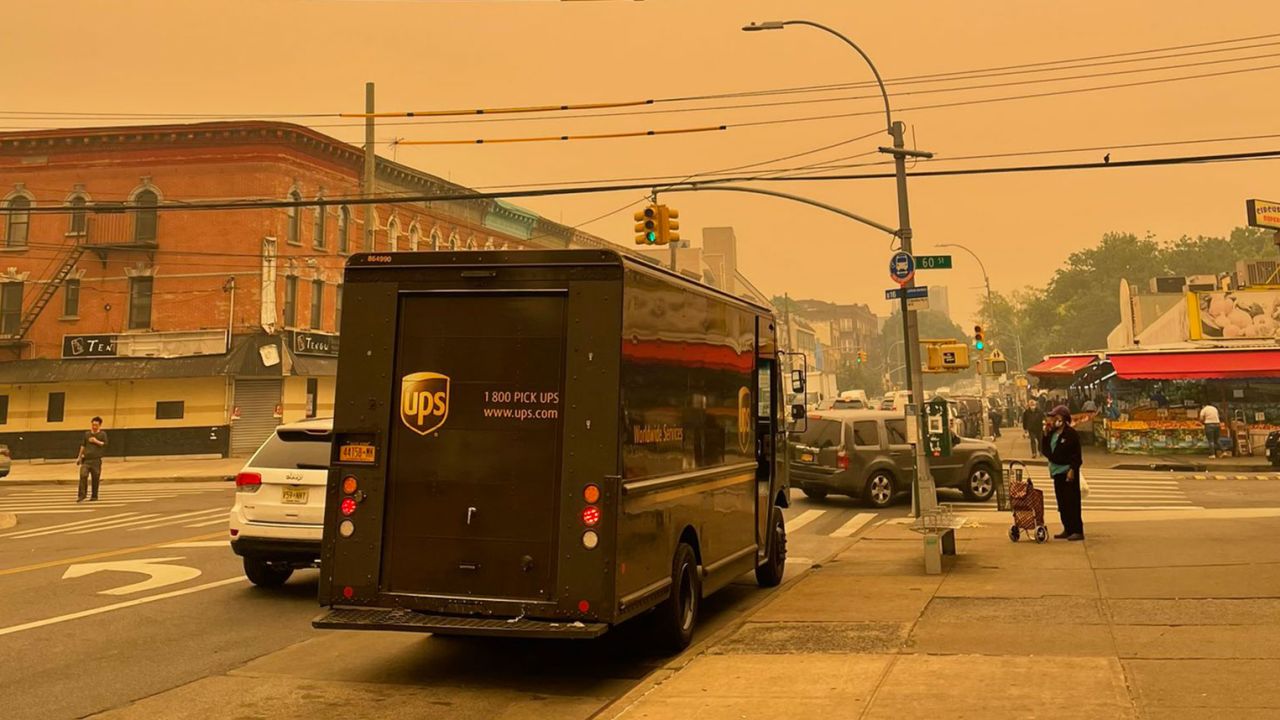
Still, what East Coast states experienced this week and previous episodes of smoke clogging the air in other parts of the US aren’t one-off events and instead should highlight the need for policy change, said Mark Borgschulte, a University of Illinois labor economist who last year co-authored a working paper on the effect of wildfire smoke on the labor market.
That could include greater attention paid to improving indoor air quality as well as flexible work arrangements. Wildfire-prone states such as Colorado and Texas have issued guidance on the health effects of wildfire smoke, with states such as California and Oregon issuing permanent worker protection regulations through their respective state Occupational Safety and Health Administration (OSHA) departments.
“There’s been just enormous improvements in air quality over the last 50 years such that the share of the bad air days that we’re experiencing … is due to wildfire smoke,” he said, noting research from Marshall Burke, an associate professor in the University of Stanford’s Department of Earth System Science.
Borgschulte said that environmental shocks typically have direct effects on health, but they also have a secondary effect in generating “avoidance behavior,” he said.
“We only make these types of adjustments if our well-being is at stake, because avoidance behavior is costly, in some sense; we’re deviating from our plan,” he said.
And that avoidance or the need to respond to caregiving duties then filters through the economy in reduced visits, lower sales and, eventually, lower employment.
“One of the things that we find is both the magnitude of our effects and these effects on employment pretty strongly suggests that something is happening as a result of smoke exposure that disrupts economic relationships,” Borgschulte said.
Research is limited, however, as to how wildfire smoke ultimately affects job choices and to what extent people become disinclined to work in higher-exposure fields with greater exposure, he said.
For now, workers like Leichenger remain on the front lines.
“It’s just like the pandemic,” he said. “This industry is one that in the toughest conditions we’re just going to still be expected to go to work.”
He added: “Because if we stop working, then the entire economy just freezes.”
Read the full article here



